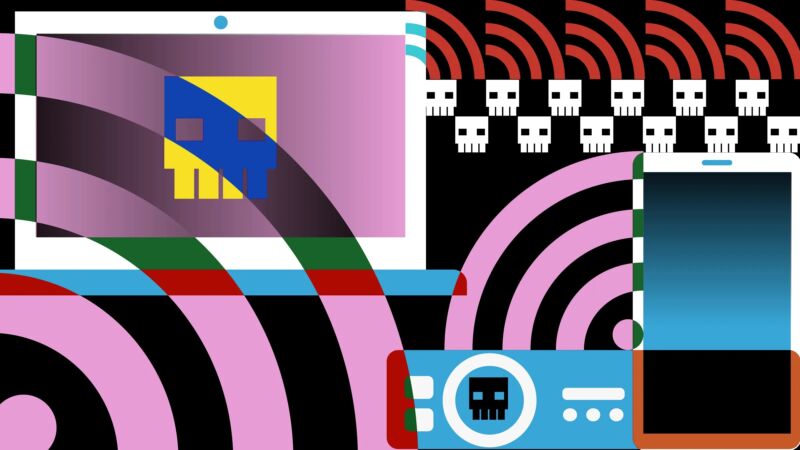
Enlarge (credit: Elena Lacey)
Over the last few years, researchers have found a shocking number of vulnerabilities in seemingly basic code that underpins how devices communicate with the Internet. Now, a new set of nine such vulnerabilities are exposing an estimated 100 million devices worldwide, including an array of Internet-of-things products and IT management servers. The larger question researchers are scrambling to answer, though, is how to spur substantive changes—and implement effective defenses—as more and more of these types of vulnerabilities pile up.
Dubbed Name:Wreck, the newly disclosed flaws are in four ubiquitous TCP/IP stacks, code that integrates network communication protocols to establish connections between devices and the Internet. The vulnerabilities, present in operating systems like the open source project FreeBSD, as well as Nucleus NET from the industrial control firm Siemens, all relate to how these stacks implement the “Domain Name System” Internet phone book. They all would allow an attacker to either crash a device and take it offline or gain control of it remotely. Both of these attacks could potentially wreak havoc in a network, especially in critical infrastructure, health care, or manufacturing settings where infiltrating a connected device or IT server can disrupt a whole system or serve as a valuable jumping-off point for burrowing deeper into a victim's network.
Read 12 remaining paragraphs | Comments
https://ift.tt/3mNZzsQ
Comments